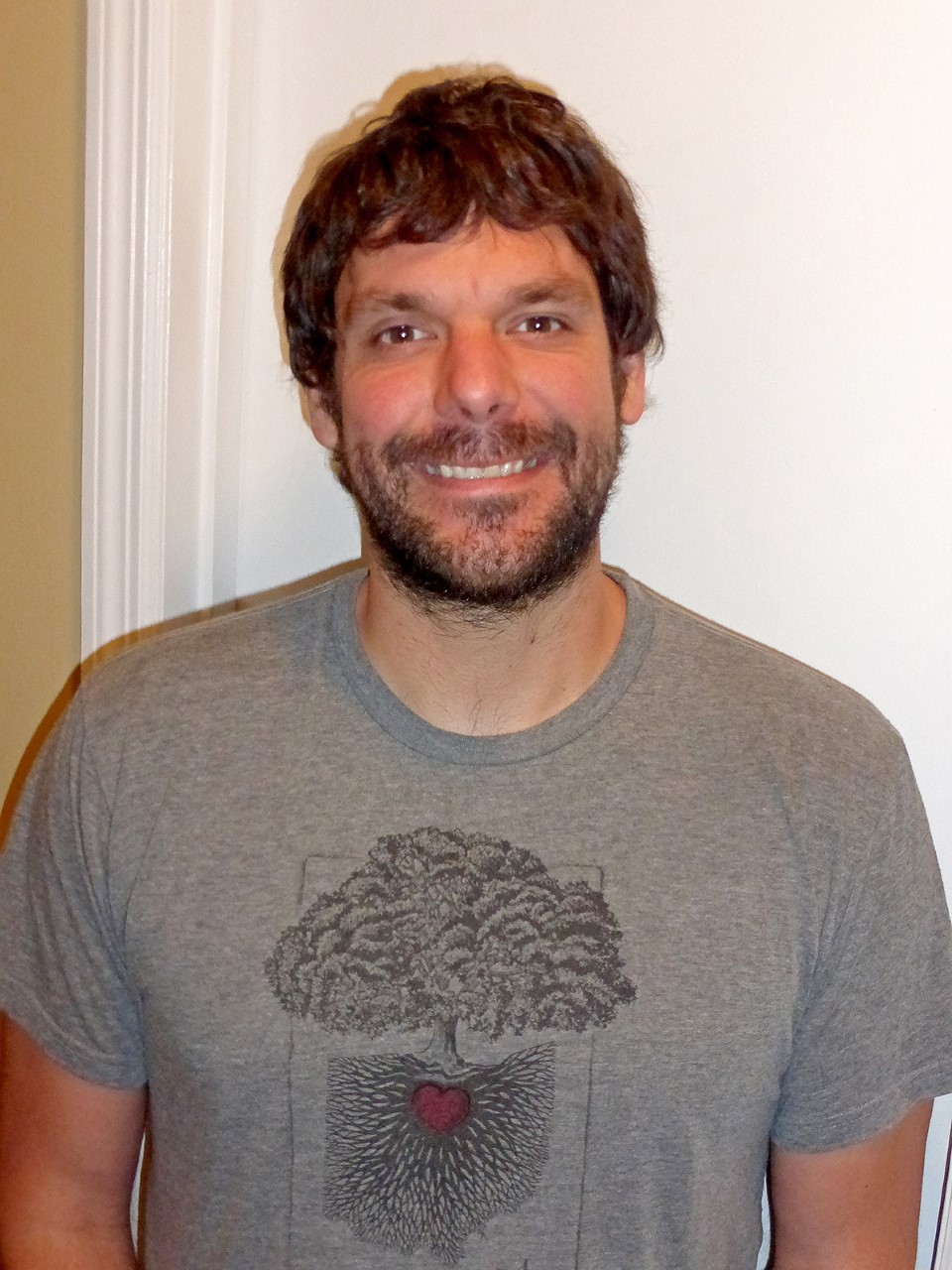Professor, Kansas State University - Manhattan, KS Allan Fritz is a Professor in Wheat Breeding at Kansas State University. He obtained his B.S. at the University of Nebraska-Lincoln and his M.S. and Ph.D. at Kansas State University. Dr. Fritz was also previously an Assistant Professor at Texas A&M University. Since 2000, Dr. Fritz has led the K-State Wheat breeding program based in Manhattan, KS. The primary objective of Dr. Fritz's program is to develop new wheat varieties adapted to Kansas. He has released three varieties that have led the state of Kansas in acreage. These include Everest, which has been the leading variety for the past five years. The research objectives of the Fritz lab have increasingly focused on tolerance to abiotic stress. This interest intersects with an interest in exploitation of wild wheat relatives for enhancing the gene pool of wheat. |
Adjunct Professor, University of California - Davis, CA Dr. Khush was born at Rurkee, Punjab, India. He received B.Sc. degree from Punjab Agricultural University in 1955 and Ph.D. in 1960 from the University of California, Davis. After serving as a faculty member of the University of California for seven years, he joined International Rice Research Institute (IRRI) in the Philippines as Plant Breeder and was appointed a Head of Plant Breeding Department in 1972. He retired in April 2002 as Principal Plant Breeder and Head of Division of Plant Breeding Genetics and Biochemistry. During his 35 year career at IRRI, he spearheaded the program for developing high yielding and disease and insect resistant varieties of rice which ushered in the green revolution in rice farming. More than 300 rice varieties developed under his leadership have been released in Asia, Africa, and Latin America. Rice production increased from 257 million tons in 1966 to 718 million tons in 2016. Most of the major rice growing countries became self-sufficient in rice production and several have an exportable surplus. Dr. Cantrell, Director General of IRRI, summed up Dr. Khush's contributions by saying, "while his name may have passed the lips of many, his life's work has passed the lips of almost half the mankind". Dr. Khush has written three books, edited six books and has published 250 papers in scientific journals. For his contribution to world food security, Dr. Khush received Japan Prize in 1987, World Food Prize in 1996, Rank Prize in 1998, Wolf Prize in Agriculture in 2000, Padma Shri Award in 2000 from President of India, Golden Sickle Award in 2007 from Thailand and Mahathir Science Award in 2009 from Malaysian government. He has received honorary doctorate degrees from fifteen universities. Dr. Khush was elected to the Indian National Science Academy, Russian Academy of Agricultural Sciences, Chinese Academy of Sciences, Academy of Sciences for Developing World, U.S. National Academy of Sciences and Royal Society of London. |
Professor, University of Minnesota - Saint Paul, MN Rex Bernardo is Professor and Endowed Chair in Corn Breeding and Genetics at the University of Minnesota. He obtained his B.S. degree in the Philippines in 1984 and his Ph.D. degree in plant breeding at the University of Illinois in 1988. Dr. Bernardo was previously a research scientist at Limagrain Genetics (1988–1997) and a faculty member at Purdue University (1997–2000). Dr. Bernardo develops new and better ways to breed corn and other crops. He has written two textbooks, Breeding for Quantitative Traits in Plants and Essentials of Plant Breeding. Dr. Bernardo received the Young Crop Scientist Award from the Crop Science Society of America in 1999, was elected Fellow of the Crop Science Society of America and of the American Society of Agronomy in 2005, and received the Plant Breeding Impact Award from the National Association of Plant Breeders in 2015. |
C.F. Curtiss Distinguished Professor, Iowa State University - Ames, IA Pat Schnable is a C.F. Curtiss Distinguished Professor at Iowa State University where he holds an Iowa Corn Endowed Chair and directs the Plant Sciences Institute and Center for Plant Genomics. He is also a ChangJiang Scholar Professor at China Agriculture University. Schnable received his BS from Cornell University and his Ph.D. from Iowa State University; he conducted post-doctoral research at the Max Planck Institute in Köln, Germany. Schnable's wide-ranging investigations of the maize genome have resulted in >120 peer-reviewed publications and an h-index of 63. Schnable is a fellow of the American Association for the Advancement of Science, serves as a consulting editor for PLoS Genetics (Impact Factor 8.7), and is the chair of the American Society of Plant Biology's Science Policy Committee. He is a past chair and current member of the Maize Genetics Executive Committee. Schnable is also a co-founder and managing partner of Data2Bio LLC, which provides research support for the breeding industry; of Dryland Genetics LLC; which is developing crops for arid environments via next-generation breeding; and of DecisionPx LLC which generated image-based decisions for crop production and breeding. |
Chief Research Scientist, CSIRO, Australia Evans Lagudah is a Chief Research Scientist at the Commonwealth Scientific and Industrial Research Organisation (CSIRO) in Australia. He received his BSc from the University of Ghana and Ph.D. from The University of Melbourne. He is also an adjunct professor at the University of Sydney, Australia with the School of Life and Environmental Sciences. Lagudah leads a team with a research spectrum covering basic studies on the molecular basis of race non-specific resistance, adult plant rust resistance, cloning of wheat resistance genes, genomic analyses of targeted disease resistance traits and the identification and utilization of molecular markers for resistance breeding. Among his research highlights was defining the molecular basis of adult plant rust resistance genes which represent novel classes of plant defense genes (Science 2009, Nature Genetics 2015) that function broadly in cereal crops against multiple pathogens. He also led the team that isolated one of the first encoding genes that confers resistance against the highly virulent Ug99 stem rust pathogen (Science 2013). Lagudah operates at the interface between agriculture and fundamental molecular research and his research ensures the rapid translation of new molecular discoveries into practical agriculture in the global grains industry. He is a co-recipient of the Borlaug Gene Stewardship award. |
Assistant Professor, Kansas State University - Manhattan, KS Geoff Morris is an Assistant Professor in the Department of Agronomy at Kansas State University. He received a B.Sc. in Biology from the University of Ottawa and a Ph.D. in Ecology & Evolution from the University of Chicago in evolutionary genomics. Prior to starting his group at Kansas State in 2013, he received postdoctoral training at University of Chicago/Argonne National Lab and University of South Carolina. The goal of Dr. Morris' research is to develop genomic knowledge and tools that accelerate the breeding of climate-resilient crops. His research focuses on the genomics of climate adaptation in sorghum – a global food, feed, and fuel crop. He leads projects for US Agency for International Development and Kansas Grain Sorghum Commission and co-leads projects for Department of Energy, USDA, and the Gates Foundation. Current work includes improving chilling tolerance of grain sorghum for the Great Plains, building genome-phenome maps of ecophysiological traits for biomass sorghum, and developing genomics-enabled breeding pipelines to improve drought adaptation of dual-purpose sorghums in West Africa and Haiti. |
 Waseem Hussain Waseem Hussain
Ph.D. candidate, University of Nebraska - Lincoln, NE Waseem Hussain is a Ph.D. candidate in Agronomy at University of Nebraska-Lincoln, specializing in in Plant Breeding and Genetics. He received his B.Sc. in Agriculture, and MS in Plant Breeding and Genetics from Sher-e- Kashmir Agricultural University, India. Currently, he is an Indian Council of Agricultural Research (ICAR) International Fellow, working on wheat breeding with an aim to genetically dissect the complex traits and identify key genomic regions for genetic improvement and adaptation in a diverse range of environments. The objectives of his research are (i) develop high-density linkage map in wheat using genotyping-by-sequencing, (ii) validate the accuracy and quality of newly constructed linkage map, and (iii) perform genome-wide linkage mapping for various agronomic traits measured in multiple rain-fed environments to identify QTLs, epistatic interactions and QTL x environment interactions. |
 Dr. Josh Clevenger Dr. Josh Clevenger
Postdoc, University of Georgia - Athens, GA Josh Clevenger is a USDA-NIFA postdoctoral fellow working under the direction of Scott Jackson at the University of Georgia. He received a MS in Crop Science at The Ohio State University and a Ph.D in Plant Breeding, Genetics, & Genomics at The University of Georgia working with Esther van der Knaap and Peggy Ozias-Akins respectively. He currently is developing novel pipelines for efficient sequence-based genotyping in polyploid crops. With these improved pipelines Dr. Clevenger has led the design of an imporved second generation 50K SNP array for Arachis and is contributing to the sequencing of the allotetraploid Arachis hypogaea genome. As a Ph.D student, Dr. Clevenger made significant contributions to the Arachis community, including developing novel methods for polyploid-specific SNP discovery that led to the design of the first generation 58K SNP array, making contributions to the genomes of Arachis duranensis and Arachis ipaensis, and establishing a gene expression atlas for Arachis hypogaea that is incorporated into an electronic florescent pictograph (eFP) browser as a resource for Arachis researchers. |
Head, Department of Plant Pathology, Kansas State University - Manhattan, KS Martin A. Draper is a native of Iowa. He completed his BS degree at Iowa State University in Plant Pathology and Pest Management and his MS and Ph.D. degrees in plant Pathology from North Dakota State University. He started his career in North Dakota seed potato certification. Later he returned to academia to work in plant pest diagnostics and pathogen detection in seed and planting stocks at North Dakota State University, followed by serving as the extension plant pathologist at South Dakota State University. He has studied plant disease biology and management in wheat, durum, barley, potato, tomato, sunflower, safflower, soybean, lentils, field pea, and chickpea. In 2006 he left academia to become National Program Leader with the National Institute of Food and Agriculture in USDA. During the summer of 2016, he came to Kansas State University as the Plant Pathology Department Head. |
 | Previous symposia
| Previous symposia